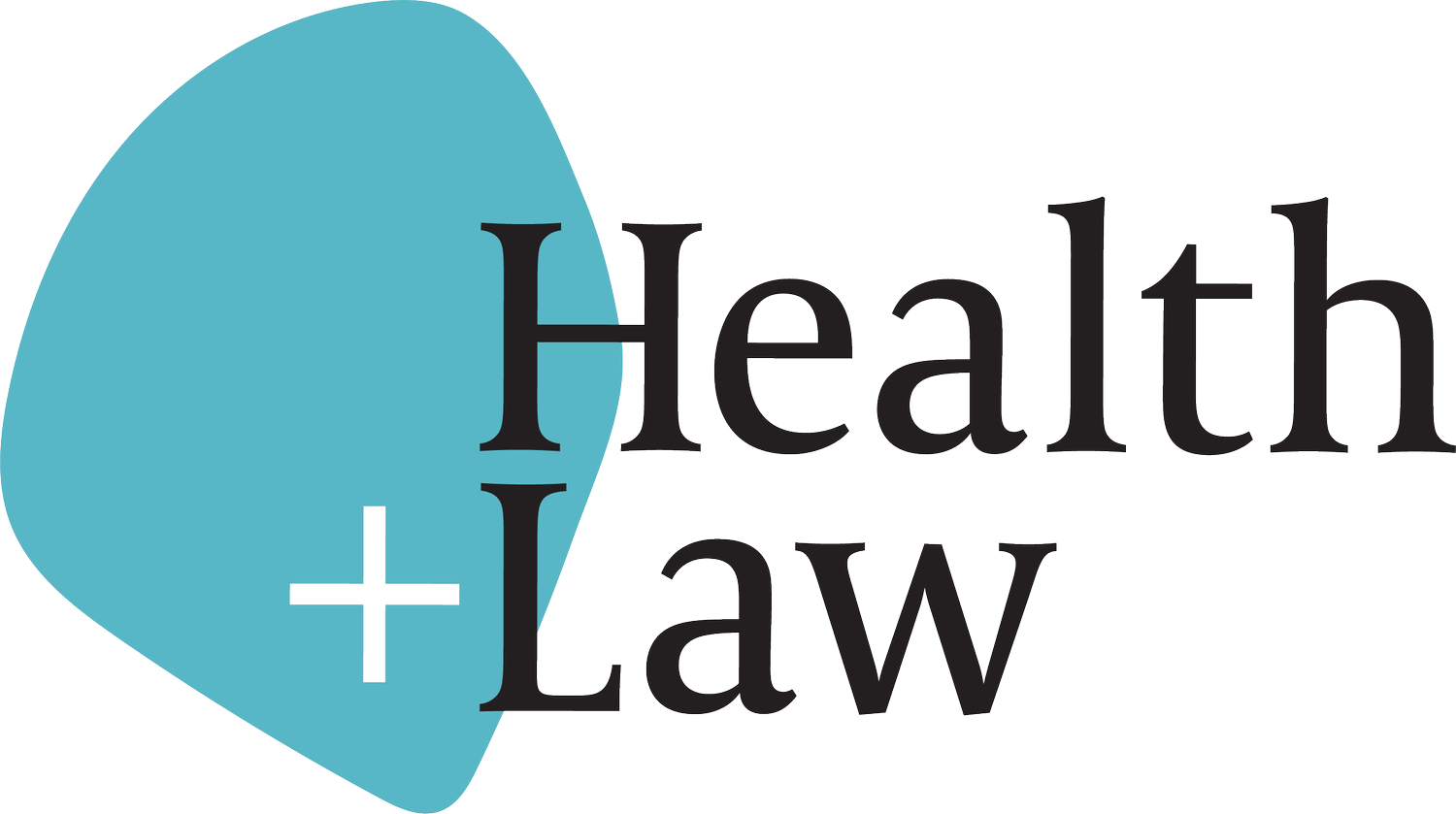Health+Law Team Member Interview: Ika Yuni Wulansari
Ika Yuni Wulansari joined the Health+Law team in 2024 to work on processing and analysing a huge amount of data from our national legal needs survey. She brings over 15 years’ experience as an applied statistician, including appointments at Statistics Indonesia and as Assistant Professor at Politeknik Statistika STIS, and is currently completing a PhD in the School of Mathematical and Physical Sciences, UTS.
We caught up with Ika to chat about how these various research threads intersect, her work with Health+Law, and what makes her passionate about statistical methods.
Ika, you have a bachelor’s and a master’s degree in mathematics and applied statistics, and now you are working on a PhD. Does it ever end?! Tell us a bit about your professional work as a statistician and why you keep returning to university?
For me, universities aren’t so much a ‘return’ as they are a natural extension of my work – giving me the space to keep asking questions, testing ideas and contributing tools that can be useful in practice.
I have been working as a statistician for over 15 years, across both academia and national statistics. At Statistics Indonesia I was involved in survey methodology and research development, and at Politeknik Statistika STIS I taught and supervised applied projects.
Now, through my PhD, I am able to take that experience further by developing new approaches to survey methods that address some of the challenges I have seen first-hand.
What are the main interest areas of your research in statistics?
My main research focus is called ‘small area estimation’, which is a set of methods that help produce reliable statistics for groups or regions where survey data is too limited on its own.
The common thread in my work has been equity in data: making sure no community is invisible in the numbers that inform policy. Whether in health, law or social indicators, I have always been drawn to the idea that statistics can ensure everyone gets counted.
Can you tell us a bit about your professional work at Statistics Indonesia? Are there clear links between that work and your academic research and teaching?
At Statistics Indonesia (BPS), I worked on household surveys and socioeconomic indicators, with a focus on methodological development. It is a huge and complex operation! Producing official statistics for such a large and diverse country always comes with challenges, from limited sample sizes, to missing data, to problems with measurement errors.
These challenges have strongly influenced my PhD research, where I am not only seeking to design new methods that could realistically be adopted in these national statistical survey systems, but also addressing the deeper questions of why and how those methods should be applied. Asking those larger questions ensures that the solutions I develop are both theoretically sound and practically meaningful.
A highlight of my work to date was collaborating with the United Nations Development Programme (UNDP) and UNICEF to produce sustainable development goals indicators using small area estimation methods. It was a unique opportunity to see how statistical innovation can directly support global development goals.
Describe the work you have been doing at Health+Law. What have you found most interesting about it?
I have been working on the Legal Needs Study (LeNS), where I handle the full data pipeline: from collecting raw survey data and running rigorous screening, through to quantitative analysis and reporting. One of my key projects has been analysing national-level data on people living with HIV and hepatitis B, the legal problems they encounter, and how these impact their health.
What’s been most interesting is seeing how statistics can shed light on issues that might otherwise stay hidden. Not many researchers in law are statisticians, so I feel proud to bring that perspective and its approaches into the field. It is rewarding to know that careful analysis can help identify where legal needs are not being met, and in turn support change in health and justice systems.
What else are you working on at the moment? And what is coming up for you that you are excited about?
Right now, I’m balancing two strands of work that feel very connected. Through my PhD, I’m developing new methods to improve the accuracy of survey-based estimates for small or hard-to-reach populations. And, through Health+Law, I am applying my skills to real-world problems: highlighting the experiences of social groups, including people living with HIV and hepatitis B. What excites me is how these two roles feed into one another: the PhD pushes me to innovate methodologically, while the Health+Law project keeps me grounded in the practical challenges and urgent questions that statistics can help answer.
Looking ahead, I will be presenting work from my PhD at the International Statistical Institute (ISI) World Statistics Congress 2025 at the Hague in the Netherlands soon – the largest statistics conference in the world – and then at the Australian Statistical Conference in Perth.
I’m also deeply grateful for the recognition and support I have received along the way. My scholarship from LPDP Ministry of Finance Republic Indonesia, various grants from the Statistical Society of Australia (SSA), the Australian Mathematical Society (AustMS) through the Women in Mathematics Special Interest Group (WIMSIG), and the Australian Bureau of Statistics (ABS) have all contributed to my work, recognising its broader impact. These opportunities motivate me to keep building collaborations where statistical tools can make a difference to people’s lives.
Explore more of Ika’s work:
A paper on approaches to small area estimation with measurement errors, presented at the 2024 Statistics Canada Symposium
An article on optimising malaria control using satellite imagery
An article on household insurance expenditure and its role in minimising the cost of natural disasters in West Java, Indonesia
Ika’s Google Scholar page, showcasing work in statistics, survey sampling, data science methods and more.


